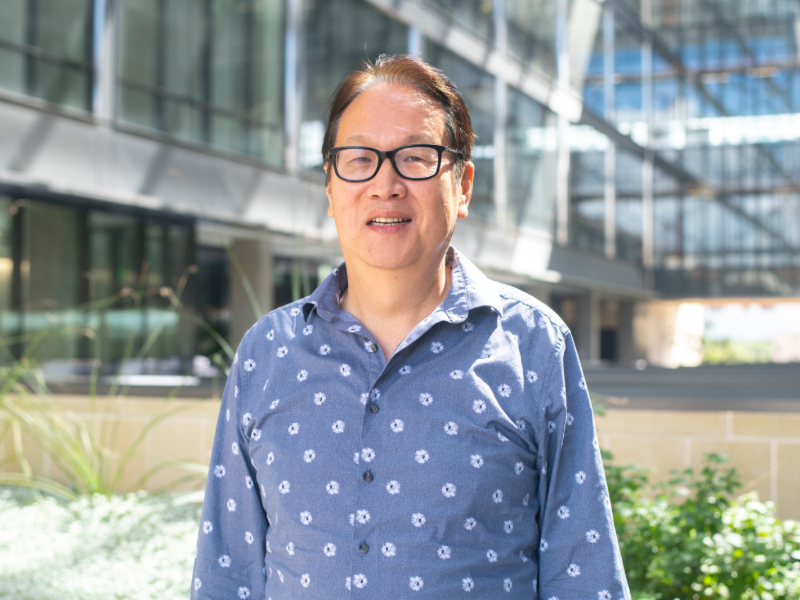Dr. Ray Chen, a leading researcher at the University of Texas at Austin, recently visited Taiwan to deliver a colloquium at National Taiwan University (NTU).
During his visit, Dr. Chen also engaged in high-level discussions with Vice Presidents of Research and Directors of Foreign Affairs from NTU, National Taiwan University of Technology, and Taipei National University. The meetings focused on potential collaborative opportunities between Taiwanese universities and UT Austin. Dr. Chen, renowned for his work in integrated photonics and its applications, anticipates that several PhD students from Taiwan will join his research group at UT Austin later this year. These students will contribute to research in the fields of semiconductors and biomedical applications.
Dr. Chen's colloquium, titled "Integrated Photonics for Sensing, Interconnects and Computing with Artificial Intelligence and Machine Learning Applications," was hosted by the Graduate Institute of Photonics and Optoelectronics at NTU. In his talk, Dr. Chen explored advancements in photonics technology, emphasizing its potential to overcome the limitations of traditional electronics. He presented research on integrated photonic devices for near and mid-infrared spectroscopy, biosensing, and Surface-Enhanced Raman Spectroscopy (SERS), as well as a mid-infrared lidar chip centered at 4.6 microns. Additionally, Dr. Chen introduced developments in silicon photonics for both digital and analog computing, highlighting their advantages in low latency, high bandwidth, and multi-wavelength operations essential for AI and machine learning applications.
Dr. Chen, who graduated from Tsinghua University with a B.S. in Physics and earned his Ph.D. in Electrical Engineering from the University of California, is a distinguished Endowed Chair Professor at UT Austin. His career includes over 150 research grants and contracts from various prestigious organizations and numerous accolades, including the 1999 UT Engineering Foundation Faculty Award and the 2013 NASA Certified Technical Achievement Award.
Dr. Chen’s research group has made significant contributions to the field, with over 1,000 publications, 82 patents, and numerous best paper awards from IEEE, SPIE, and Optica. He is a Fellow of the National Academy of Inventors, IEEE, Optica, and SPIE, and has supervised 41 postdoctoral researchers and graduated 59 PhD students.
For more information about Dr. Chen's research, please visit: https://www.mrc.utexas.edu/people/faculty/ray-chen


